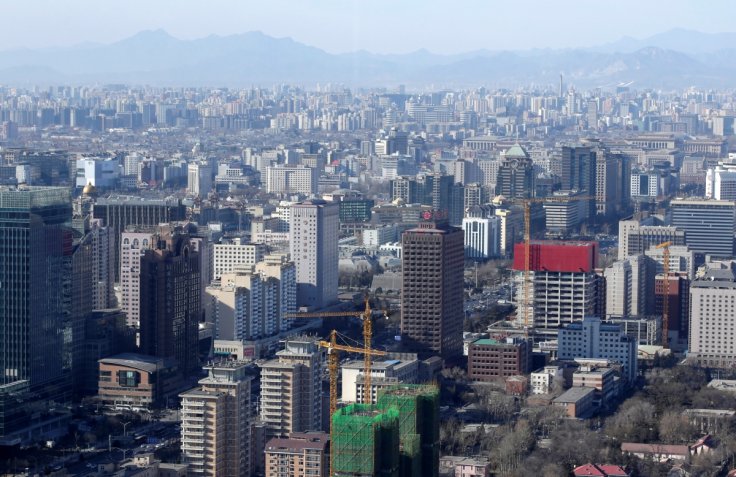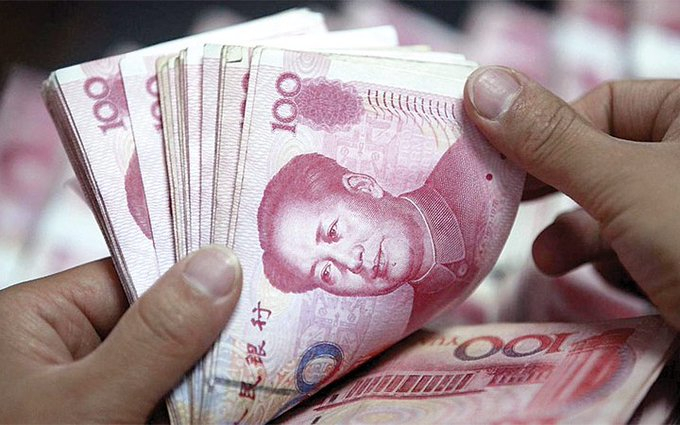China's inflation gauge dropped 0.3 percent in July, after having flatlined in June, indicating that the world's second largest economy has fallen into deflation even as nearly all other big economies are experiencing runaway inflation.
The latest Consumer Price Index data released by the National Bureau of Statistics came a day after data showed China's imports and exports sank in July. While exports fell by 14.5 percent, imports dropped 12.4 percent, indicating that economic growth in China could slow further this year.

Concern Among Trading Partners
The latest inflation reading, which shows that China is the first G20 country to report a year-on-year decline in consumer prices in the last two years, will fuel concerns among its trading partners, according to analysts. "For China, the divergence between manufacturing and services is increasingly apparent, meaning the economy will grow at two speeds in the rest of 2023, especially as the problem in real estate re-emerges ... It also shows China's slower-than-expected economic rebound is not strong enough to offset the weaker global demand and lift commodity prices," said Gary Ng, Asia Pacific senior economist at Natixis, according to Reuters.

What is Deflation?
An overall decline of the price level of goods and services is called deflation. It happens when prices of goods and services plunges mainly driven by weakening consumption. Although deflation is a contraction in the supply of money and credit, it can sometimes benefit consumers due to the falling prices. However, the situation has also consequences that impact all sectors of the economy. "When the supply of money and credit falls, without a corresponding decrease in economic output, then the prices of all goods tend to fall. Periods of deflation most commonly occur after long periods of artificial monetary expansion," Investopedia explains.








